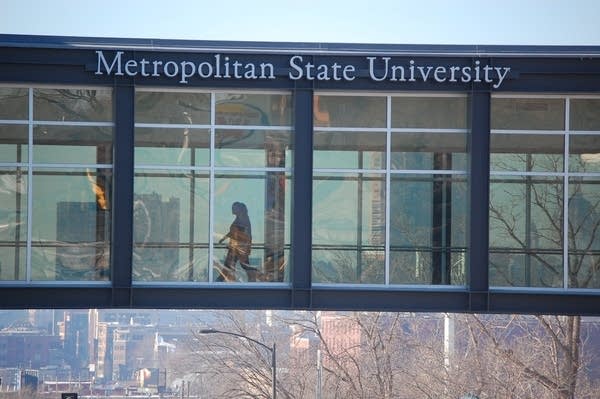Declining enrollment hurts state school coffers

A continued decrease in enrollment has caused most Minnesota State colleges and universities to lose money in the 2016-17 school year.
Enrollment dropped for the sixth consecutive year in 2016-17, with full-time enrollment at nearly 132,000, down 17 percent since 2010-11, the Pioneer Press reported. Officials anticipate an additional 2 percent decrease this year.
Officials attribute the enrollment decline to the state's low unemployment rate and a declining number of young adults in the state.
More than 20 schools operated at a loss last year, while 15 made money.
Create a More Connected Minnesota
MPR News is your trusted resource for the news you need. With your support, MPR News brings accessible, courageous journalism and authentic conversation to everyone - free of paywalls and barriers. Your gift makes a difference.
Individual institutions are adapting to the loss of students, according to a report released by the system board of trustees Wednesday. Schools are setting more realistic budgets, cutting staff and reevaluating course offerings, the report said.
"Campuses are getting better at forecasting their enrollment -- or they're getting less optimistic," chief financial officer Laura King said.

Nine schools are being scrutinized by the system office for failing financial stress tests, compared to 19 schools facing additional scrutiny two years ago.
This year the schools are Metropolitan State University, St. Cloud State University, Southwest Minnesota State University, Winona State University, Mesabi Range College, Riverland Community College, Hibbing Community College, Pine Technical College and Minnesota State College Southeast. They must meet with the system's central office to regularly review budgets and enrollment strategies.
"Folks are doing good jobs with budgets, they're not spending fund balances," King said. "They're struggling to balance budgets but they're getting them balanced."